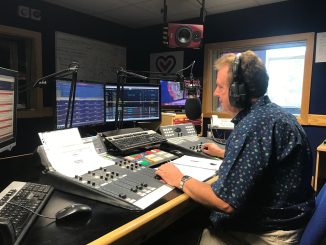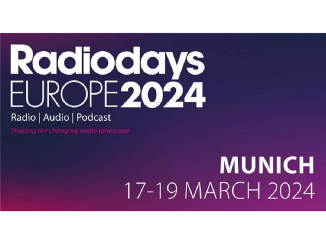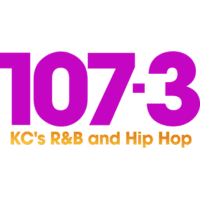Among classical radio programmers, one of the most common beliefs is that the audience wants to listen mostly to symphonic strings-laden pieces. Not only do listeners want to hear “all strings, all the time” but they also want the tempo be mostly mid-tempo – not too fast, not too slow. Our research has shown time and again that nothing could be farther from the truth. In reality, classical format listeners want variety in style, tempo and orchestration.The classical music catalogue covers approximately 600 years ranging from the 15th and 16th centuries (the Renaissance era) to the modern era. The true “Classical era” is associated with music from 1750 to 1820 and is primarily known for the monumental contributions of composers such as Mozart, Beethoven and Haydn. However, the eras that preceded and succeeded the Classical era produced a massive amount of music commonly associated with classical music. Pre-dating the Classical era were giants such as J.S. Bach, Handel, Scarlatti and Vivaldi. And yet, these composers produced few works that would fall into the category of “all strings, all the time”.The Romantic and Impressionistic music years (approximately 1820 to 1900) produced a large number of orchestral pieces but as time passed composers such as Brahms and Mahler expanded upon the melodic range of the Classical era. Even today some of the works of the period sound a bit more dissonant than those of Mozart and Beethoven. Nevertheless, the late 19th century produced a large number of works that are accessible to the listener and yet offer a contrast to the works of the Classical era.
Unfortunately, many classical music stations limit the historical range of the music that they play and tend to rely primarily on works from the Classical and Early Romantic eras. Research has shown that listeners are open to a much wider timeline. In recent decades, the music of Bach and Vivaldi have become a staple in the classical format just as the music of Brahms, Rachmaninoff, Mahler, Stravinsky and Ravel have found a place in the hearts of classical radio listeners.In the next installation of this series, we will examine orchestration and the role that it plays in providing welcome variety to the classical format.Your thoughts and questions about classical radio are welcome. If you wish, you can contact me directly at [email protected]. I look forward to hearing from you.By Andy Beaubien, BPR
Andy Beaubien, a BPR senior consultant, has extensive experience working with classical music stations around the world including Classic FM in the UK. […]






